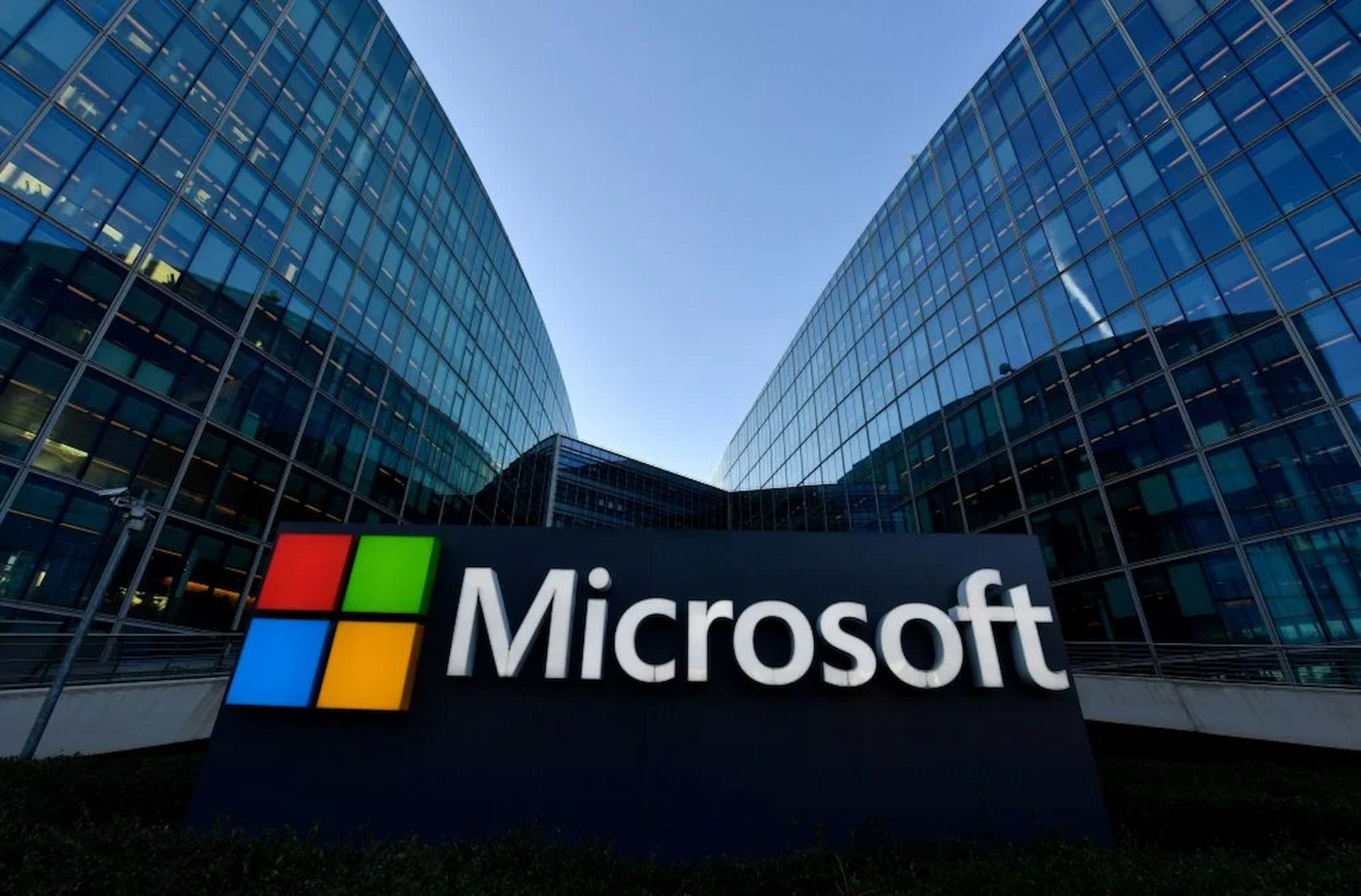The European Commission has launched its Cloud Sovereignty Framework to assess the independence of cloud services. The initiative defines clear criteria and scoring methods for evaluating how providers meet EU sovereignty standards.
Under the framework, the Sovereign European Assurance Level, or SEAL, will rank services by compliance. Assessments cover strategic, legal, operational, and technological aspects, aiming to strengthen data security and reduce reliance on foreign systems.
Officials say the framework will guide both public authorities and private companies in choosing secure cloud options. It also supports the EU’s broader goal of achieving technological autonomy and protecting sensitive information.
The Commission’s move follows growing concern over extra-EU data transfers and third-country surveillance. Industry observers view it as a significant step toward Europe’s ambition for trusted, sovereign digital infrastructure.
Would you like to learn more about AI, tech and digital diplomacy? If so, ask our Diplo chatbot!










